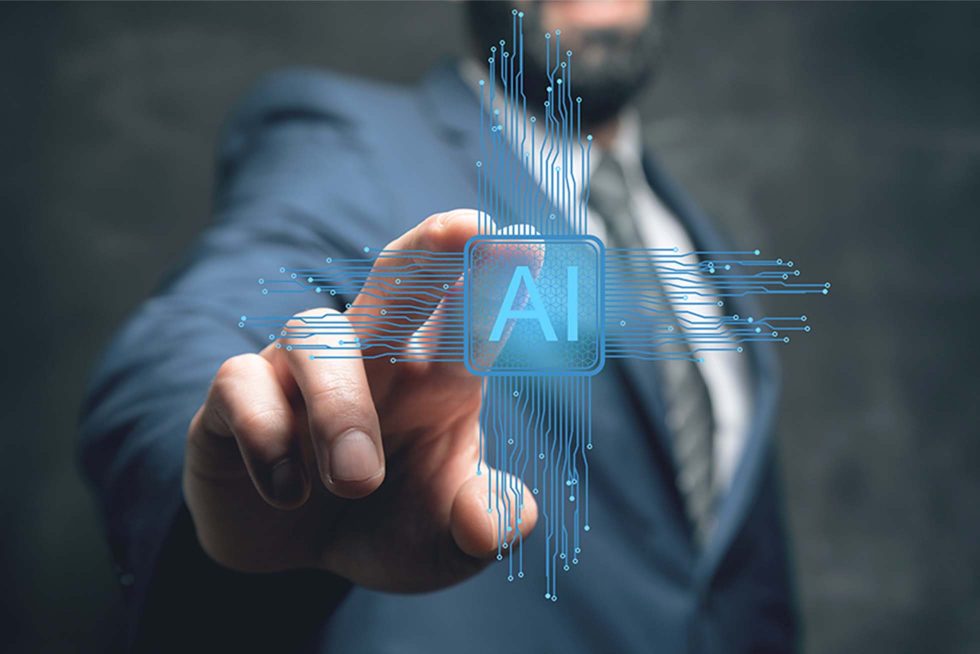Artificial intelligence (AI) has become a game-changer for businesses across various industries. Its transformative capabilities are revolutionizing operations, decision-making processes, and customer experiences. In this blog post, we will explore the impact of AI in business and the exciting possibilities it unlocks for organizations.
Enhanced Decision-Making:
AI empowers businesses to make smarter, data-driven decisions. By analyzing vast amounts of data quickly and accurately, AI algorithms can uncover valuable insights and patterns that humans may overlook. With AI-powered analytics tools, organizations can gain a deeper understanding of their customers, markets, and operations. This enables them to make informed decisions, identify growth opportunities, and respond swiftly to market changes.
Automation and Efficiency:
One of the key benefits of AI in business is automation, which streamlines repetitive and time-consuming tasks. Robotic Process Automation (RPA) automates manual and rule-based processes, reducing errors, improving efficiency, and freeing up human resources for more strategic initiatives. AI-powered chatbots and virtual assistants enhance customer service by providing instant support and handling routine inquiries, ensuring round-the-clock availability and improving customer satisfaction.
Personalization and Customer Experience:
AI enables businesses to deliver personalized experiences to their customers at scale. Through machine learning algorithms, AI can analyze customer data, preferences, and behavior to provide tailored recommendations, personalized marketing campaigns, and targeted offers. This level of personalization enhances customer engagement, loyalty, and satisfaction, ultimately driving business growth.
Improved Operational Efficiency:
AI optimizes business operations by improving efficiency and reducing costs. Predictive analytics and machine learning algorithms can optimize inventory management, demand forecasting, and supply chain operations. AI-powered predictive maintenance can detect equipment failures in advance, reducing downtime and maintenance costs. By automating routine tasks, organizations can streamline workflows, eliminate bottlenecks, and improve overall operational efficiency.
Advanced Fraud Detection and Security:
AI enhances security measures and fraud detection capabilities. AI algorithms can analyze large volumes of data in real-time to identify anomalies, detect potential threats, and mitigate risks. This is particularly valuable in sectors such as banking, finance, and e-commerce, where fraud prevention is critical. AI-based security systems can continuously monitor networks, identify suspicious activities, and proactively defend against cyber threats.
Uncovering Insights and Innovation:
AI uncovers hidden insights and fuels innovation within organizations. By analyzing data from multiple sources, AI algorithms can reveal patterns, trends, and correlations that human analysis may miss. These insights can lead to innovative product development, process improvements, and market strategies. By embracing AI-driven innovation, businesses can stay ahead of the competition and seize new growth opportunities.
Enhanced Decision-Making:
AI empowers businesses to make smarter, data-driven decisions. By analyzing vast amounts of data quickly and accurately, AI algorithms can uncover valuable insights and patterns that humans may overlook. With AI-powered analytics tools, organizations can gain a deeper understanding of their customers, markets, and operations. This enables them to make informed decisions, identify growth opportunities, and respond swiftly to market changes.
Automation and Efficiency:
One of the key benefits of AI in business is automation, which streamlines repetitive and time-consuming tasks. Robotic Process Automation (RPA) automates manual and rule-based processes, reducing errors, improving efficiency, and freeing up human resources for more strategic initiatives. AI-powered chatbots and virtual assistants enhance customer service by providing instant support and handling routine inquiries, ensuring round-the-clock availability and improving customer satisfaction.
Personalization and Customer Experience:
AI enables businesses to deliver personalized experiences to their customers at scale. Through machine learning algorithms, AI can analyze customer data, preferences, and behavior to provide tailored recommendations, personalized marketing campaigns, and targeted offers. This level of personalization enhances customer engagement, loyalty, and satisfaction, ultimately driving business growth.
Improved Operational Efficiency:
AI optimizes business operations by improving efficiency and reducing costs. Predictive analytics and machine learning algorithms can optimize inventory management, demand forecasting, and supply chain operations. AI-powered predictive maintenance can detect equipment failures in advance, reducing downtime and maintenance costs. By automating routine tasks, organizations can streamline workflows, eliminate bottlenecks, and improve overall operational efficiency.
Advanced Fraud Detection and Security:
AI enhances security measures and fraud detection capabilities. AI algorithms can analyze large volumes of data in real-time to identify anomalies, detect potential threats, and mitigate risks. This is particularly valuable in sectors such as banking, finance, and e-commerce, where fraud prevention is critical. AI-based security systems can continuously monitor networks, identify suspicious activities, and proactively defend against cyber threats.
Uncovering Insights and Innovation:
AI uncovers hidden insights and fuels innovation within organizations. By analyzing data from multiple sources, AI algorithms can reveal patterns, trends, and correlations that human analysis may miss. These insights can lead to innovative product development, process improvements, and market strategies. By embracing AI-driven innovation, businesses can stay ahead of the competition and seize new growth opportunities.




